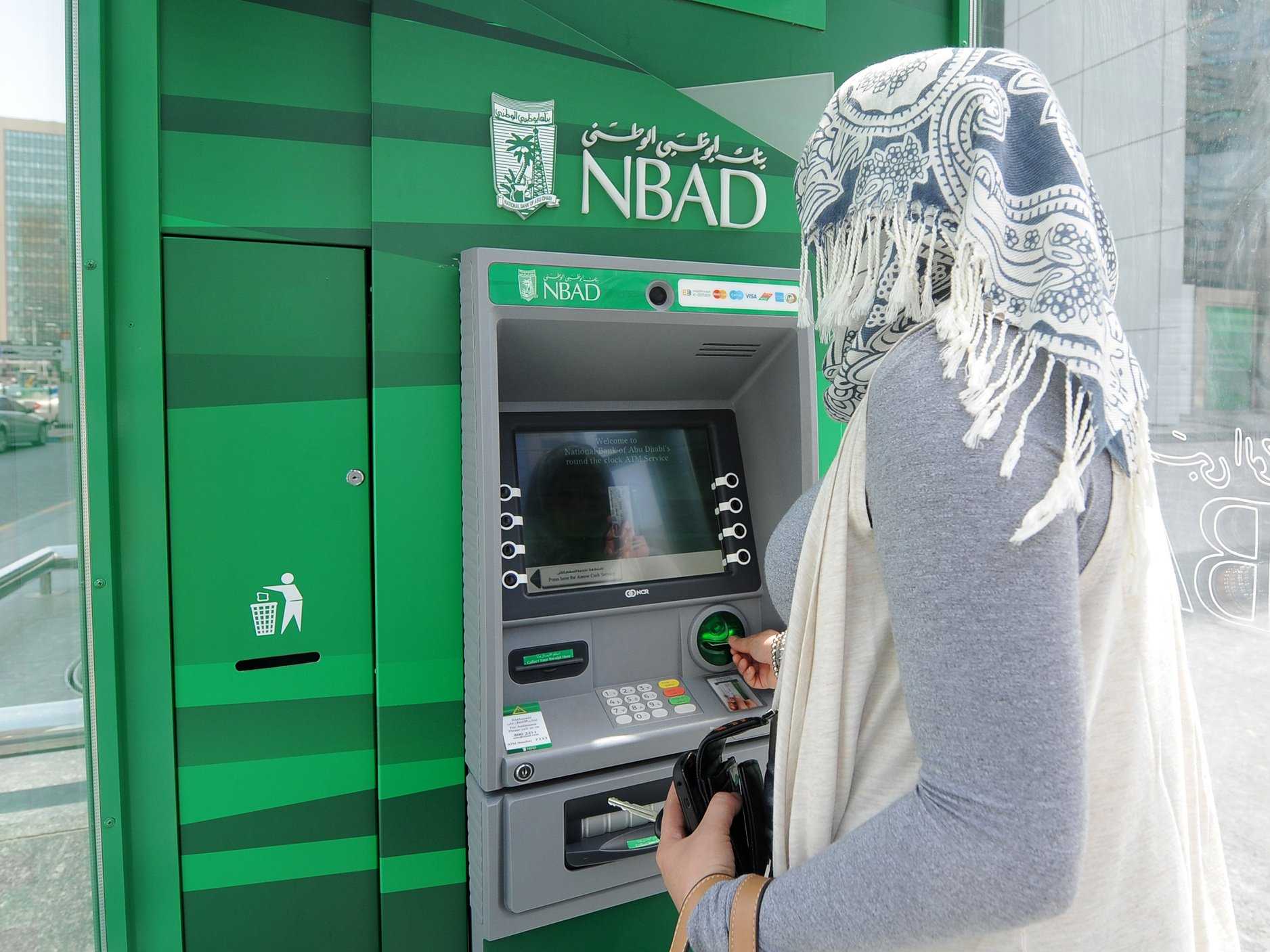Carding Forum
Professional
- Messages
- 2,788
- Reaction score
- 1,322
- Points
- 113
Do you know the main features of Islamic banking?

How is Islamic banking different from traditional banking?
The concept of the Islamic financial system appeared in the 80s of the last century. And over the past ten years it has become commonplace in the lexicon of financiers in many countries, not only Muslim. This financial institution plays an increasingly important role in the modern world. After all, the number of citizens in different countries, including the United States and Great Britain, who profess Islam and refuse to use the services of traditional banks, has grown significantly. Therefore, the study of Islamic banking is a very relevant topic in the global economy. We decided to understand the basic principles of this financial institution and its key differences from traditional banking.
1. Prohibition of interest rates. Indeed, in the Islamic financial system, riba is primarily prohibited. This is any predetermined rate that depends on the terms and size of the loan. This prohibition is explained by Muslim laws on social justice and equality. Islam encourages profit, but condemns the use of interest for profit. After all, such an activity does not lead to the creation of a product and does not increase the welfare of society.
2. Sharing risk. Since the bank does not charge interest for lending money, it becomes, in effect, an investor, not a lender. Thus, the owner of the capital and the entrepreneur share the risks associated with the implementation of the project.
3. Money is potential capital. They become real capital when they are invested in production activities.
4. Prohibition of speculative behavior. In this regard, any gambling is prohibited, as well as work with derivative financial instruments (derivatives), since transactions with them are characterized by significant risk.
5. The principle of inviolability of contracts. According to the rules of Islamic banking, the fulfillment of contractual obligations is the most important for the parties to the transaction. This reduces the risks for all participants.
Sharia law prohibits financing the trade in tobacco, alcohol, weapons, as well as activities related to the distribution of pornography, the development of gambling, etc.
The most common is "murabaha" - it is a cross between a classic loan and leasing. In this case, the loan is allocated for a specific purchase. And until the client pays off the entire agreed amount, the bank is the owner of the goods. Thus, "murabaha" is a commercial transaction in which the bank buys goods at one price and sells at another. And trade in Islam is not prohibited.
"Mudaraba" - this type of banking services is used when placing deposits. The owner of the money places their finances with a partner who uses them to finance some kind of business. The profit received from this activity is shared between the parties to the agreement. In the traditional financial system, the analogue of "mudarabah" is venture financing.
Muslims also actively use the "musharaka", which involves the co-financing of a project by a group of participants. It can include both individuals and companies. The profit is divided according to the contribution of each of their participants.
"Takaful" - means the payment of insurance premiums to the insurer, provided that in the event of an insured event, the money will be returned. At the same time, part of the funds goes to the accumulation fund. From investing this money, the participants receive income, which is indicated in the agreement.
Quite common in Islamic countries is "kardul hasana" . It is an interest-free loan that is provided to small businesses and is vital to them. In Iran, for example, banks are obliged to spend a certain part of their own funds on Kardul Hasan. As we recall, it is prohibited to charge interest for the use of money, but the borrower can voluntarily repay the lender by paying a fee (“hiba”).

Islamic banking is widespread not only in Muslim countries.
Currently, Islamic banking is in demand, first of all, in Muslim countries. The main part of potential clients of these banks is concentrated in South, Southeast and Central Asia and Africa. In addition, such organizations can be found in Europe, the USA and Australia.
In Iran, Pakistan and Sudan, the financial system is completely subject to Islamic norms, and all banks in these countries are Islamic. In such Muslim countries as Malaysia, Indonesia, the United Arab Emirates, Saudi Arabia, Brunei, there are banks of both types, and the number of ordinary banks is also quite large.
Non-Muslim financial organizations, in particular, UBS and Citigroup, are also involved in lending activities under Sharia law. And European business schools are increasingly opening faculties and departments in Islamic finance.

How is Islamic banking different from traditional banking?
The concept of the Islamic financial system appeared in the 80s of the last century. And over the past ten years it has become commonplace in the lexicon of financiers in many countries, not only Muslim. This financial institution plays an increasingly important role in the modern world. After all, the number of citizens in different countries, including the United States and Great Britain, who profess Islam and refuse to use the services of traditional banks, has grown significantly. Therefore, the study of Islamic banking is a very relevant topic in the global economy. We decided to understand the basic principles of this financial institution and its key differences from traditional banking.
Characteristics of the Islamic financial system
Many people have heard about the key feature of Islamic banking - the prohibition of charging interest. However, the principles of Islamic finance are much broader. They comply with Sharia law - these are rules and laws concerning both the management of the economy and the social, political, and cultural aspects of the Islamic society.1. Prohibition of interest rates. Indeed, in the Islamic financial system, riba is primarily prohibited. This is any predetermined rate that depends on the terms and size of the loan. This prohibition is explained by Muslim laws on social justice and equality. Islam encourages profit, but condemns the use of interest for profit. After all, such an activity does not lead to the creation of a product and does not increase the welfare of society.
2. Sharing risk. Since the bank does not charge interest for lending money, it becomes, in effect, an investor, not a lender. Thus, the owner of the capital and the entrepreneur share the risks associated with the implementation of the project.
3. Money is potential capital. They become real capital when they are invested in production activities.
4. Prohibition of speculative behavior. In this regard, any gambling is prohibited, as well as work with derivative financial instruments (derivatives), since transactions with them are characterized by significant risk.
5. The principle of inviolability of contracts. According to the rules of Islamic banking, the fulfillment of contractual obligations is the most important for the parties to the transaction. This reduces the risks for all participants.
The main differences from traditional banks
The functions of banks in the Islamic model do not differ from the traditional one: they ensure the operation of the national payment system and act as financial intermediaries. The key difference, as we have already found out, is the prohibition of receiving remuneration in the form of interest payments. However, at the same time, Islam does not condemn profit-making in principle, it simply prohibits that interest that does not depend on the results of activities. According to Islamic ethics, profit should be a reward for risk, work and effort.Sharia law prohibits financing the trade in tobacco, alcohol, weapons, as well as activities related to the distribution of pornography, the development of gambling, etc.
Basic concepts of Islamic banking
In Islamic banking, as well as in traditional banking, there are a variety of financial instruments. Let's consider a few of them.The most common is "murabaha" - it is a cross between a classic loan and leasing. In this case, the loan is allocated for a specific purchase. And until the client pays off the entire agreed amount, the bank is the owner of the goods. Thus, "murabaha" is a commercial transaction in which the bank buys goods at one price and sells at another. And trade in Islam is not prohibited.
"Mudaraba" - this type of banking services is used when placing deposits. The owner of the money places their finances with a partner who uses them to finance some kind of business. The profit received from this activity is shared between the parties to the agreement. In the traditional financial system, the analogue of "mudarabah" is venture financing.
Muslims also actively use the "musharaka", which involves the co-financing of a project by a group of participants. It can include both individuals and companies. The profit is divided according to the contribution of each of their participants.
"Takaful" - means the payment of insurance premiums to the insurer, provided that in the event of an insured event, the money will be returned. At the same time, part of the funds goes to the accumulation fund. From investing this money, the participants receive income, which is indicated in the agreement.
Quite common in Islamic countries is "kardul hasana" . It is an interest-free loan that is provided to small businesses and is vital to them. In Iran, for example, banks are obliged to spend a certain part of their own funds on Kardul Hasan. As we recall, it is prohibited to charge interest for the use of money, but the borrower can voluntarily repay the lender by paying a fee (“hiba”).

Islamic banking is widespread not only in Muslim countries.
Geography of distribution
The first Islamic financial organization appeared in the 60s in Egypt, more precisely in 1963. Then the savings bank Mit Ghamr began to carry out operations to attract funds from individuals, as well as to invest the accumulated resources.Currently, Islamic banking is in demand, first of all, in Muslim countries. The main part of potential clients of these banks is concentrated in South, Southeast and Central Asia and Africa. In addition, such organizations can be found in Europe, the USA and Australia.
In Iran, Pakistan and Sudan, the financial system is completely subject to Islamic norms, and all banks in these countries are Islamic. In such Muslim countries as Malaysia, Indonesia, the United Arab Emirates, Saudi Arabia, Brunei, there are banks of both types, and the number of ordinary banks is also quite large.
Non-Muslim financial organizations, in particular, UBS and Citigroup, are also involved in lending activities under Sharia law. And European business schools are increasingly opening faculties and departments in Islamic finance.

